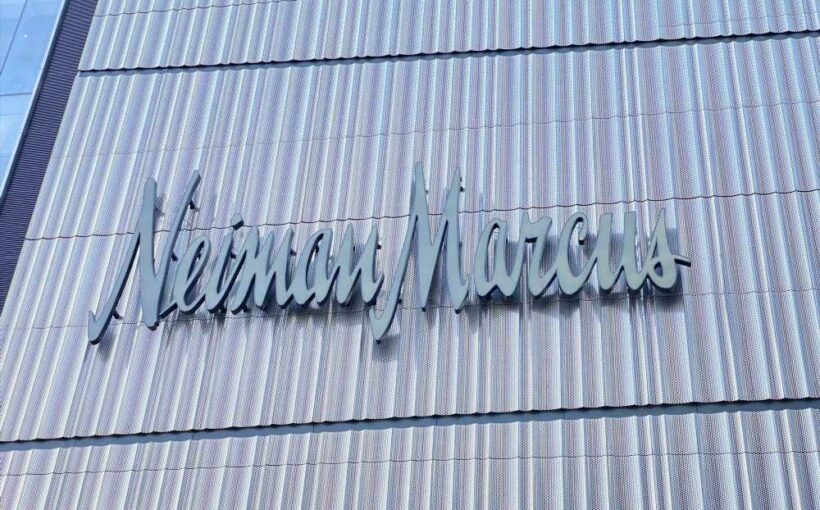The great coronavirus shakeout isn’t done.
Despite a big spike in debt defaults and bankruptcies last year, credit watchdog Moody’s Investors Service said there’s more pain to come. And some of the companies that slipped into Chapter 11 amid the COVID-19 shutdowns find themselves at risk again.
The credit watchdog predicted the default rate in retail and apparel speculative debt would fall to 5.3 percent this year — and while that’s down from 20 percent last year, it’s still uncomfortably close to the 6.1 percent logged in 2009 as retailers climbed out of the Great Recession.
“After a brutal year, defaults will ease, but leveraged retailers remain vulnerable,” said Raya Sokolyanska, lead retail analyst for a report on retail debt from Moody’s on Wednesday.
Department store and apparel retailers — many of them with a history of private equity involvement — are under intense pressure.
According to the report: “The pandemic accelerated long-standing bifurcation in retail. Last year companies with sector challenges, competitive disadvantages, operational issues or highly leveraged balance sheets defaulted at a greater rate than the larger, more diversified companies. This trend will continue in 2021.”
Nine of the 13 retailers Moody’s rated as “Caa1” or below, indicating a high risk of default, are apparel and department stores, including Belk Inc., which had an extremely quick trip through bankruptcy court in February; Neiman Marcus parent NMG Holding Co. Inc.; The Talbots Inc.; J. Jill parent Jill Acquisition; Men’s Wearhouse, and Quiksilver parent Boardriders Inc.

Related Gallery
Happy Hour: Watches and Cocktails at the Butterfly
While these companies remain financially strained, the picture across the industry isn’t quite as desperate as it was a year ago.
“Overall, the U.S. economy is in much better shape as fundamentals improve and the vaccination rollout provides reasons to be optimistic,” Moody’s said. “Many of the companies that underwent restructurings strengthened their balance sheets. For example Neiman Marcus — one of the highest-profile companies to succumb to bankruptcy during the 2020 pandemic — emerged from Chapter 11 in September after shedding more than $4 billion of debt.”
Neiman Marcus in turn refinanced $1.1 billion of debt last month.
Private equity is a recurring theme in the world of distressed retail.
“Smaller, weaker, highly leveraged, private equity-owned retailers have for years been the ‘have-nots’ of the industry, struggling to compete against larger, better capitalized ‘haves.’ All but three companies on our current ‘Caa1’ and below list are [private equity]-owned.”
And 11 of the 13 have previously restructured their debt.
“While distressed exchanges and bankruptcies in some cases have improved balance sheets, many remain at elevated risk of a second default because of still highly levered balance sheets and significant deferred investment during the pandemic liquidity crunch,” Moody’s said.
The rating agency cautioned that, “Pre-pandemic sector challenges remain in place, exacerbated by the still low level of demand until consumers head back to the office, bars, restaurants, schools and travel destinations in greater numbers.”
Belk Inc. might have been first out of the gate with a bankruptcy this year, but Moody’s said “other Chapter 11 filings or out-of-court restructurings will likely follow.”
More from WWD:
The New Normal at PVH
Brookfield’s $6.5 Billion Buyout Approved
A.k.a. Buys Culture Kings Streetwear Merchant
Source: Read Full Article
